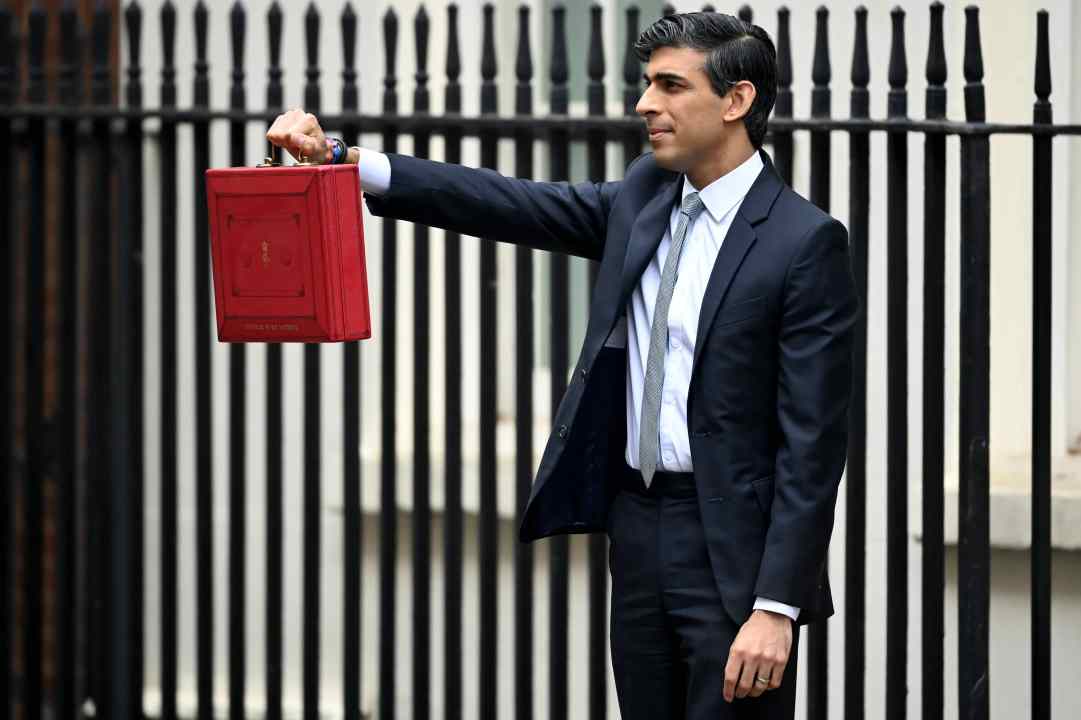Imagine you run an independent store on the high street. Your business has already been ravaged by repeated lockdowns, which boosted the likes of Amazon at your expense. You are already at a huge disadvantage to online retailers because of your fixed costs. At great risk, you have invested in setting up your own online operation – which obviously costs you a lot more per unit of sales than it costs the online giants. In your shift online you have effectively become shunted up a side street, while Amazon, eBay and the like occupy the prime spots on the high street.
How, then, are you going to react to the news that the Chancellor is looking to hit the new side of your business with a two percent online sales tax? True, it will hit Amazon as well, but it isn’t going to do you much good, or help to shift the taxation system in your favour. When an online sales tax was first discussed there was supposed to be a quid pro quo: business rates would be reformed in order to cut the bills for physical shops and shift some of the burden onto giant warehouses. But now it looks as if we will be getting the online sales tax without much in the way of reform of business rates. Last week, expectations of serious reform to business rates were scotched – and it now looks as if there will be only minor adjustments in the Budget.
In committing to an online sales tax, the Chancellor faces the wrath of the Biden administration, which has opposed any kind of sales tax directed at US tech giants in favour of a transnational agreement for a minimum rate of corporation tax designed to divert profits away from tax havens. Perhaps this doesn’t matter so much given Biden’s reluctance to negotiate a US-UK trade deal – if there is no prospect of a deal on the table, then where is the incentive not to upset the White House? Perhaps, floating the prospect of a sales tax is all part of a cunning ploy by the Chancellor; maybe it is designed to speed Biden to the table on trade talks, so it can then be negotiated away.
All the same, it is puzzling why the Chancellor has put off what ought to be a pretty straightforward reform of business rates. It is pretty clear that the current system over-values high street stores and undervalues the big sheds which now line our motorways and have become the engine room of the retail economy. Why not impose a per square foot rateable value on warehouses at a level closer to that paid by a high street store – by raising the former and lowering the latter? That really would level the playing field. It is puzzling why the government has stood back from doing this.








Comments